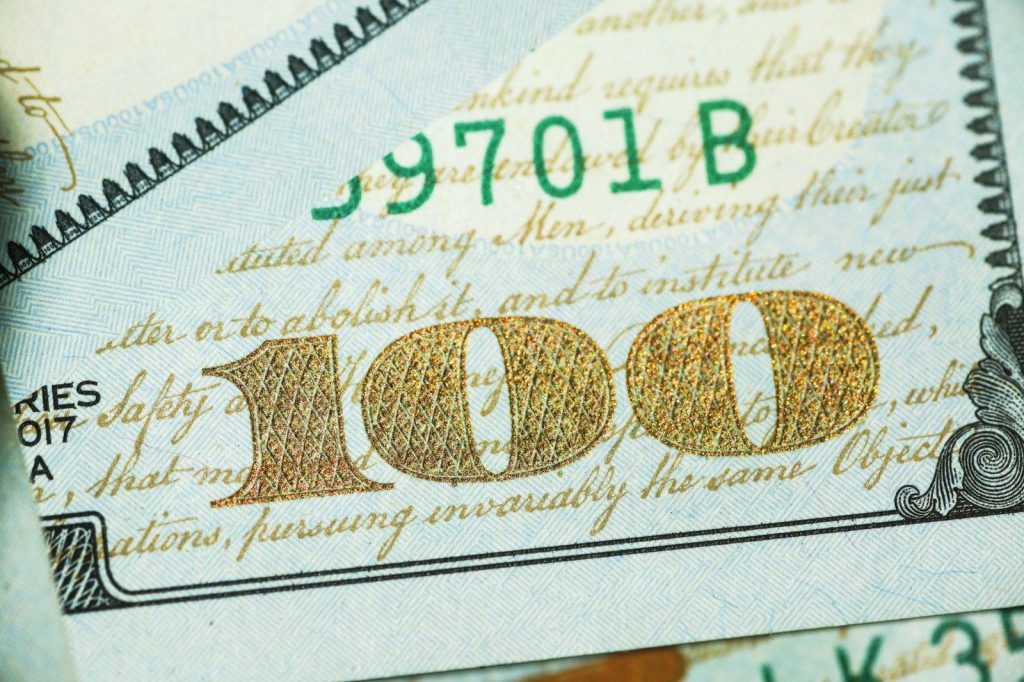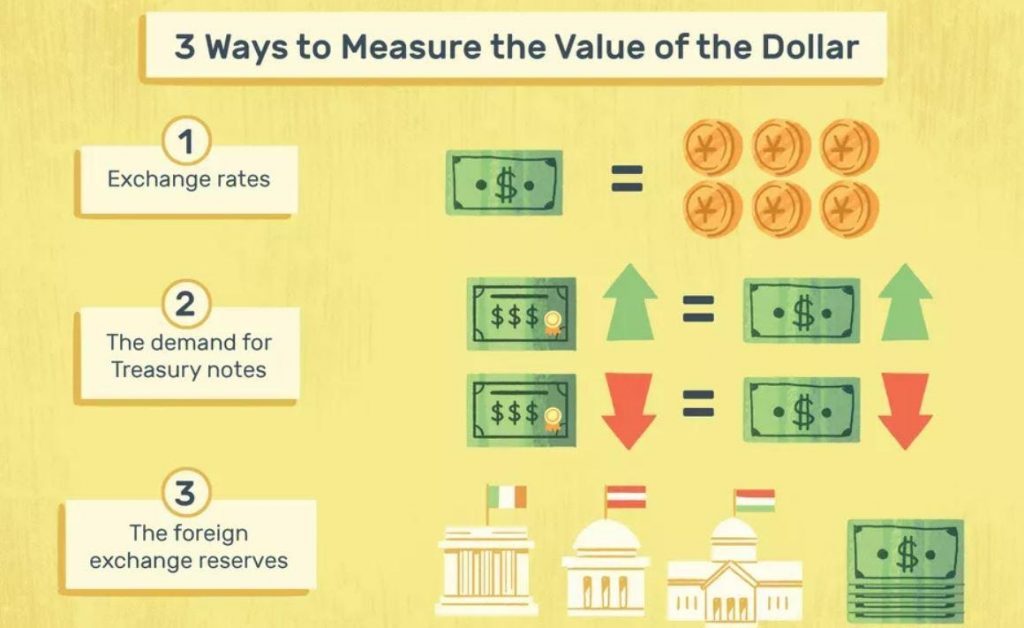
Many of us don’t understand how the life cycle of money works. We know how to make money. We know how to spend money. We know how to save money.
Like it or not, money is essential. We need it to purchase basic necessities. We literally can’t live without it. We must perform service to get paid. But maybe this is a good thing. It ensures that we are productive members of society.
Money gets recycled throughout society. When you get paid, you pay for groceries. The cashiers get paid with the money you spend at the store. The cashier takes an Uber to a friend’s place. The Uber driver uses his tip to buy a drink at the bar. The bartender uses that money to pay the babysitter… on and on and on.
The Barter System
Even though every culture is different, human nature makes us surprisingly similar when it comes to monetary systems.
When we start to form a society, we need a system for trading. A barter system refers to a direct exchange, meaning citizens trade products for products, products for services, or services for services.
The more goods, livestock, crops, etc. you have, the wealthier you are. These individual goods are considered valuable in society.
Free Market Money
This refers to a currency system. As society evolves, a form of monetary exchange will be created and used. Having a recognizable and valuable currency allows society to progress. This currency represents a general value that is not associated with a specific good or service.

Most often, some form of gold or silver is used as currency. Different civilizations have used silver or gold as currency because it is durable, portable, and valuable. Because it is portable and divisible, this becomes the primary way transactions are made.
Rules and Regulations
For society to function, it must have communal order. Some type of government must be formed to control trade. A society’s marketplace must be regulated to grow. As the marketplace evolves, the government will gain more control over each aspect of the market.
How does the government control the market? By introducing tariffs and taxes. Tariffs and taxes also support the government and preserve its power. Introducing taxes takes money away from citizens and puts it in the hands of those in charge.
The government keeps control by penalizing certain citizens if they do not adhere to the rules or regulations. A system such as this will stray further and further away from a free market.
Monopoly
After a government has been established for a while, it will start to control all of the money in a society. The currency that citizens have been using will be minted as an official currency.
The government controls everything about the currency, including its design, value, and size. The government will then issue redeemable paper notes. These can be used as currency, meaning they can be exchanged for goods.
To maintain complete control, the government must regulate every aspect of the monetary system being used.
Citizens cannot create a different form of currency, and banks must only use the acceptable form of currency. This allows the government to monopolize its citizens’ money.
Increased Taxes and Debased Money
For the government to continue to grow, it must continuously increase taxes to collect more revenue. This is because the government will take on more and more responsibilities and obligations as society develops. Even if citizens protest, the government will continue to impose higher and higher taxes.
At some point, the government must decrease the value of money to keep itself in business. It does this by taking the precious metals out of the coins, thus lowering the value. Eventually, the coins will be valueless, and only paper notes can be used for goods and services.
This means that the government has placed all monetary value in itself. If the currency doesn’t contain silver, gold, or precious metal, there is no value in it other than what the government declares is its value. Paper notes are essentially a promise from the government that it will payout.
Once a paper currency is established, the government not only controls all money, but they can also even create money. If the government creates money but does not increase goods and services available to citizens, prices for goods and services will increase.
This inflation of currency decreases citizens’ purchasing power, meaning they will have reduced wealth.
Even today, governments in many countries have debased currency by printing more money. These paper notes have no backing to gold, meaning they are valueless without the government.
Risks of Debasing Currency
If inflation becomes too much of a problem and citizens cannot afford goods and services, the government can’t make money off of taxes. Citizens will no longer be able to afford essential items, which weakens the economy. This results in the government’s downfall.
Citizens will not trust the government because their hard work is not being valued. The steady inflation combined with currency debasement will cause citizens to distrust the government. They realize that the government did a poor job of managing their money.
If citizens don’t trust the government, banking systems will collapse. Once this happens, there is no coming back for the government. Citizens will protest and overthrow the government. This is the end of the life cycle.
Unstable Monetary Systems
After the overthrow of the government, citizens want a more stable monetary system and will return to using gold. Gold is a better form of currency because gold allows citizens to preserve their wealth and not rely on the government.
If the government has failed beyond repair, a new society will form with a different economy, using a gold-based money system.
Citizens do not trust any form of paper currency anymore, so they will create a barter system. Their barter system will eventually turn into free-market money.
It is important to understand how money works in all societies. We also need to understand our government’s role in the value of money. With this knowledge, we can make better decisions about our money.